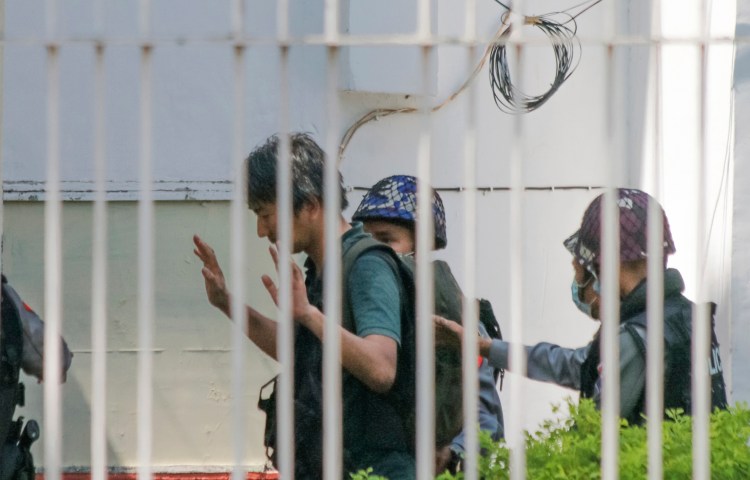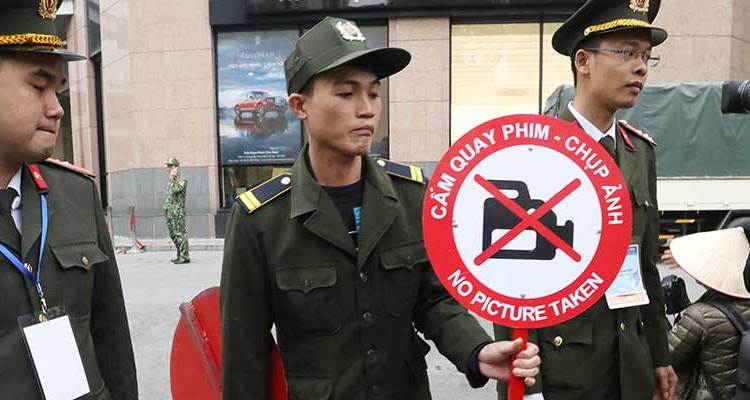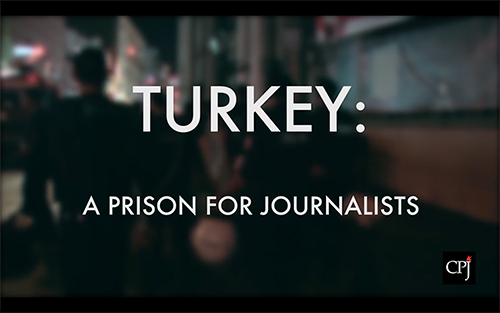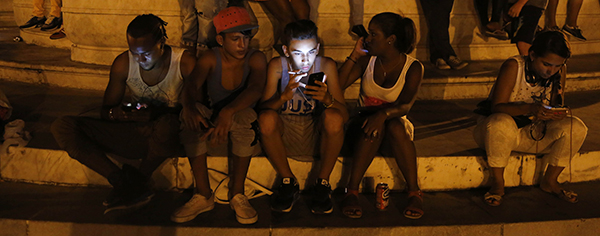
Number of journalists behind bars reaches global high
Editor’s note: Numbers for each prison census are adjusted yearly as CPJ learns of arrests, releases, or deaths in prison. The numbers for CPJ’s 2021 census have been revised from 293 to 302 in accordance with this policy. For the most recent data, see cpj.org/data/imprisoned/ The number of journalists jailed around the world set another record…

10 Most Censored Countries
Repressive governments use sophisticated digital censorship and surveillance alongside more traditional methods to silence independent media. A special report by the Committee to Protect Journalists. Published September 10, 2019 Eritrea is the world’s most censored country, according to a list compiled by the Committee to Protect Journalists. The list is based on CPJ’s research into the…

Turkey’s crackdown propels number of journalists in jail worldwide to record high
At least 81 journalists are imprisoned in Turkey, all of them facing anti-state charges, in the wake of an unprecedented crackdown that has included the shuttering of more than 100 news outlets. The 259 journalists in jail worldwide is the highest number recorded since 1990. A CPJ special report by Elana Beiser

Connecting Cuba: More space for criticism but restrictions slow press freedom progress
Cuba’s press, emboldened by President Raúl Castro’s call for reforms in 2010, are finding more space for critical comment, but harassment and intimidation from authorities, a legal limbo caused by outdated and restrictive press laws, and limited and expensive access to the internet is slowing the island nation’s progress toward press freedom. A CPJ special report.
Connecting Cuba
Foreword: Contemplating a free press in Cuba By Ernesto Londoño A free press, at its best, is the conscience of a nation, an indispensable arbiter of truth and righteousness. When it is doing its job well, a free press unearths unpleasant truths, holds people in power accountable and champions marginalized communities.
Connecting Cuba
Executive Summary: Cuba’s media vitally transformed but cautious approach is slowing progress By Carlos Lauría A lively blogosphere, an increasing number of news websites carrying investigative reporting and news commentary, and an innovative breed of independent reporters who are critical of, yet still support socialist ideas have vitally transformed Cuba’s media landscape in the past…
Connecting Cuba
Cuba’s evolving news agenda At the Argos Theatre in Havana, Yenys Laura Prieto Velazco purchased a ticket for Diez Millones, a popular play about a Cuban family torn apart by the ideological fanaticism of the Cuban revolution and by the father’s departure to the U.S. during the 1980 Mariel boatlift.
Connecting Cuba
Staying connected in an offline world By Alexandra Ellerbeck For Elaine Díaz Rodríguez, founder of Periodismo de Barrio, internet access in poorly connected Cuba comes at a premium. “Our reporters have less than 10 hours a month of internet access,” she told CPJ during the Latin American Studies Association conference in New York, where she…